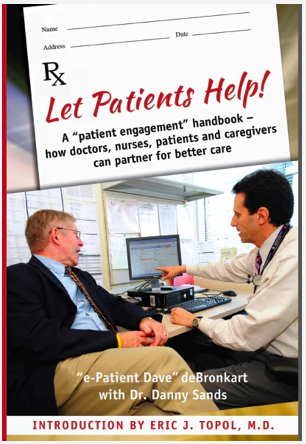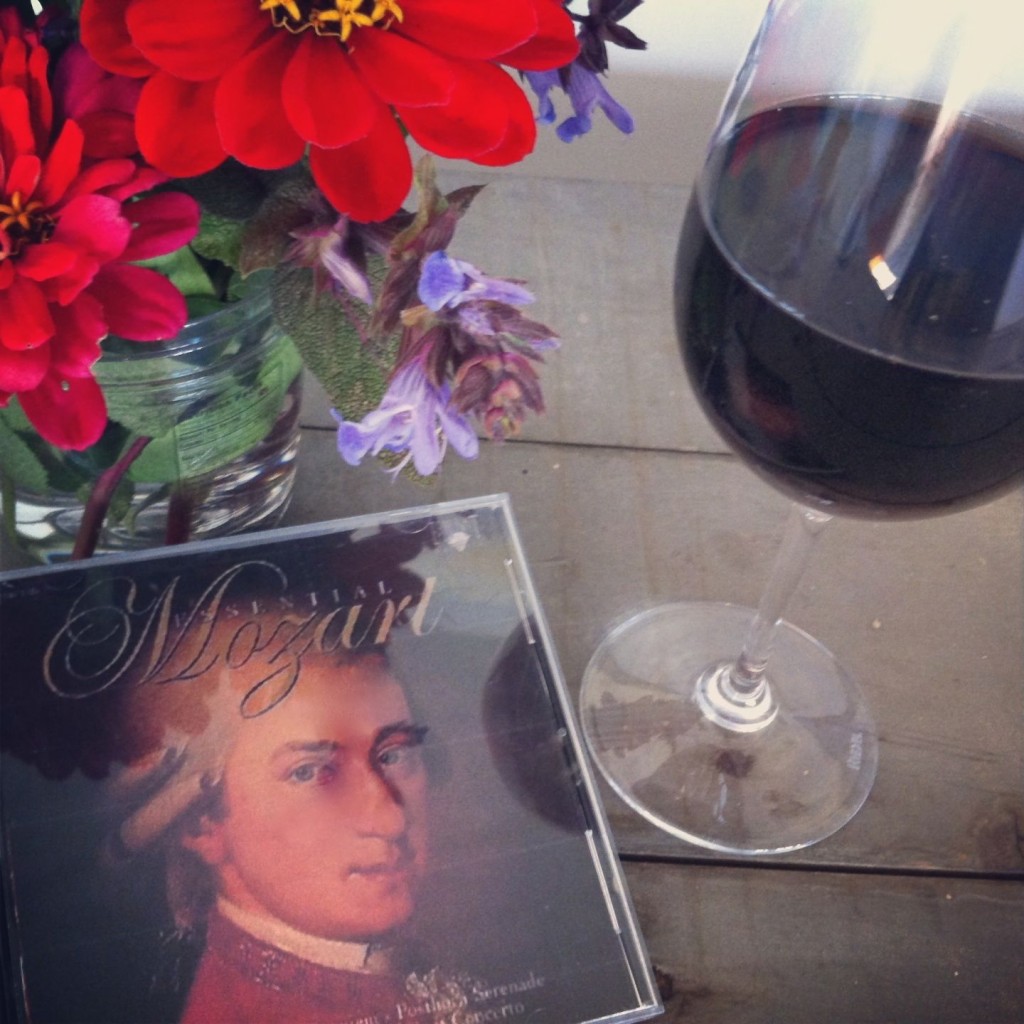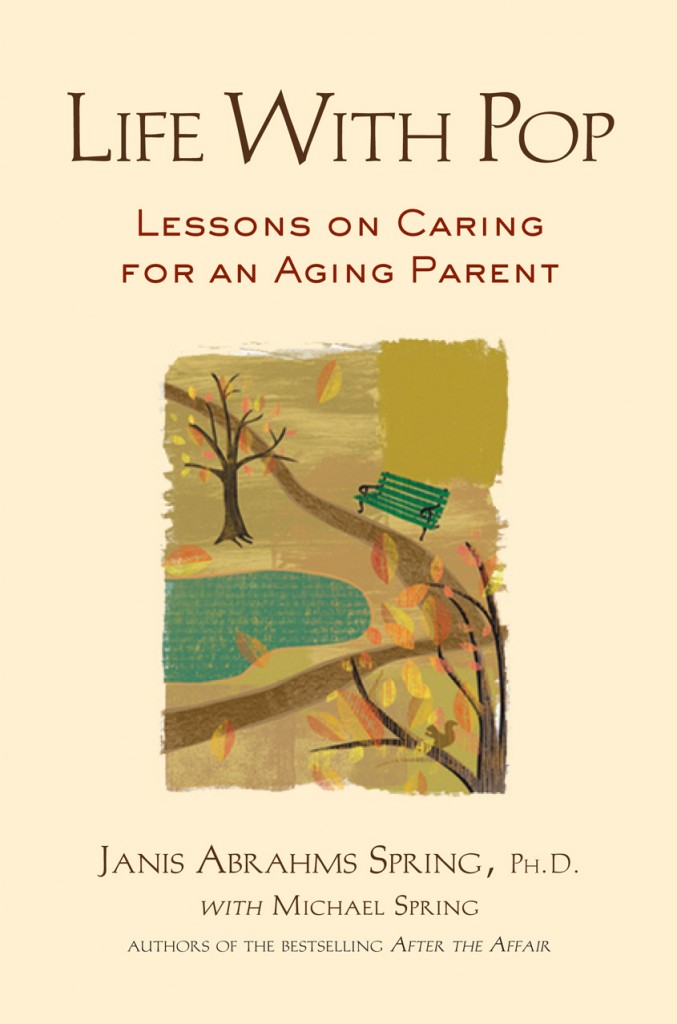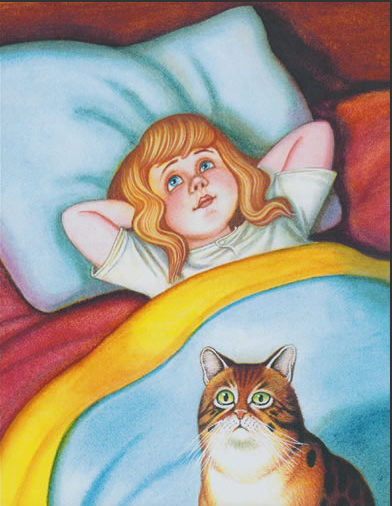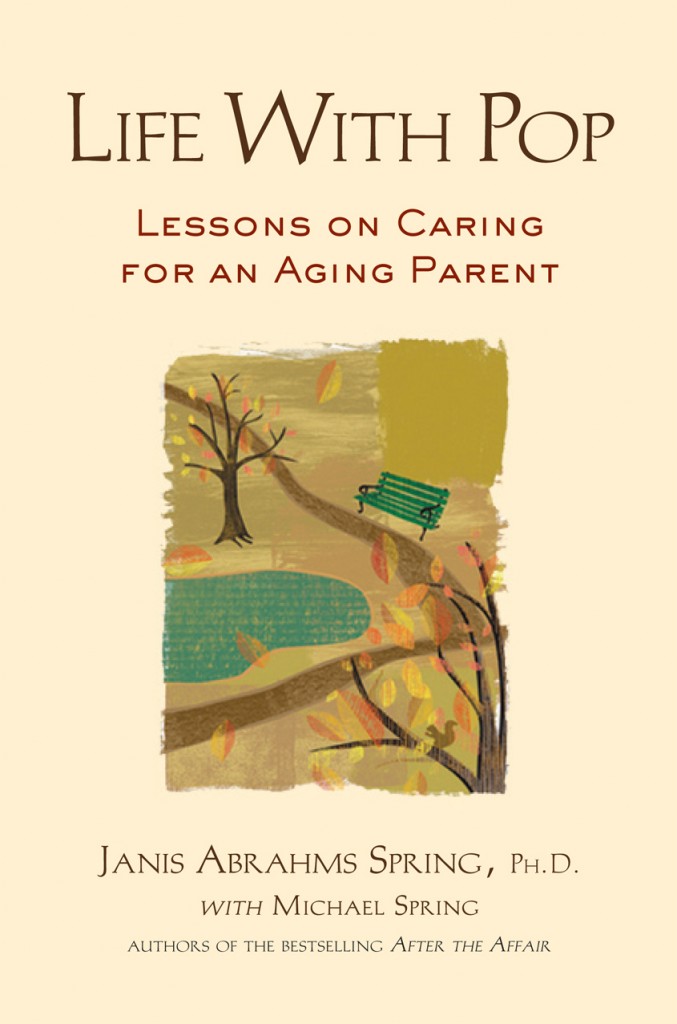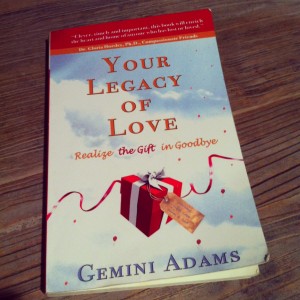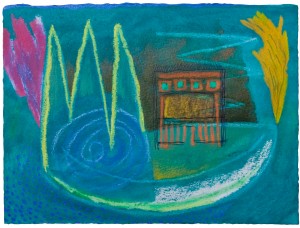by Kim Keller
Let Patients Help! is the title of a handbook written by a leading patient-engagement advocate, Dave deBronkart, better known as e-Patient Dave. With the assistance of Danny Sands, his primary care physician, deBronkart created this easy-to-read and practical guide to help doctors, nurses, patients and caregivers learn how to work together as partners, which is the ultimate prescription for quality care.
A little background: In January 2007, after a routine visit to the doctor, deBronkart was given devastating news — he was diagnosed with stage IV kidney cancer and told there was little hope he could survive it. That’s when e-Patient Dave was born.
With no known treatment available, deBronkart started his research, desperately hoping to find some little-known treatment option that might save him. Sure enough, that’s exactly what happened: he found an online patient community — acor.org — that told him about a clinical trial at Beth Israel Deaconess Medical Center in Boston. By July 2007, deBronkart’s treatments were over, and by September it was clear that he had beaten cancer.
Continue Reading
